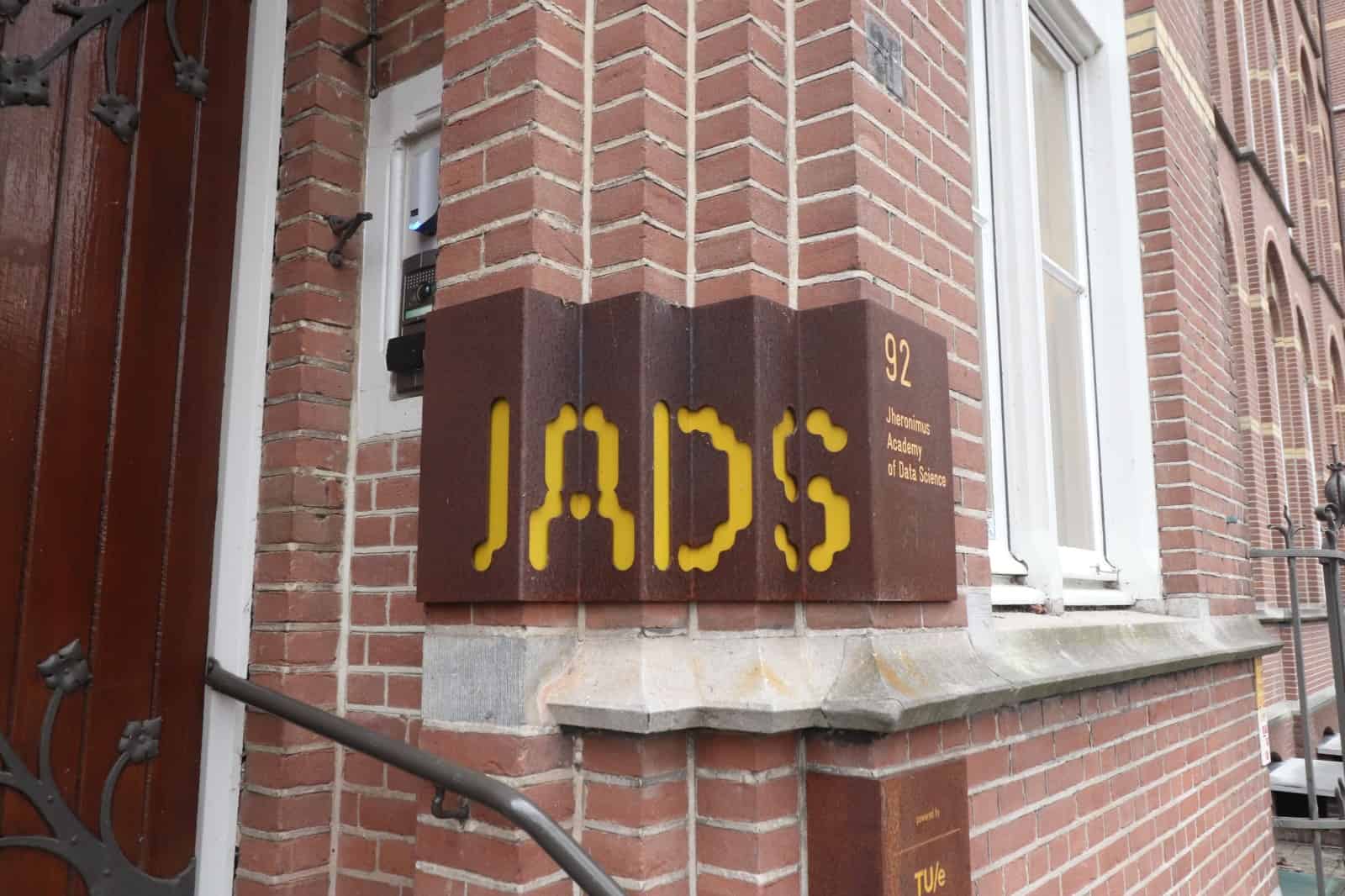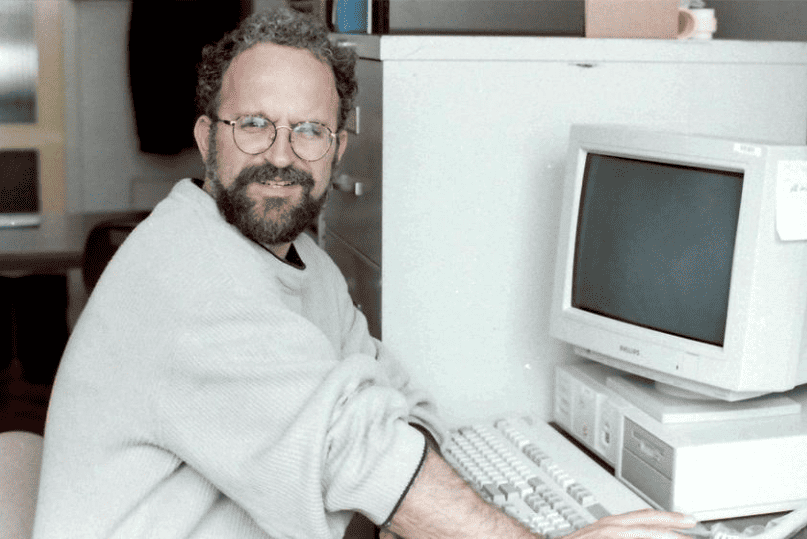
When it comes to making the earth more sustainable, claims are being made all over the place. But what is true? Together with sustainability expert Auke Hoekstra, better known on Twitter as ‘Debunker-in-Chief‘, Innovation Origins sets out to find this out for you. This week, Auke exposes a flaw in the mindset of the government when it comes to electric driving. What exactly is going on there?
While most viewers can have a good laugh at the way the media, politics and science react to the approaching comet, Auke doesn’t see the humor in it. For those who have not seen the film, here is the plot in a nutshell:
The comet is blatantly obvious a metaphor for the climate crisis. Scientists are warning about the impending danger – in vain – because the subject is too complicated and not light-hearted enough for the media. Viewers might just switch off. And politicians, too, decide to wait and see to avoid losing voters. Meryl Streep, as the president of the USA – an unmissable parody of Trump – only intervenes if she can tilt public opinion in her favor. And the citizens in the film? Half of them just don’t look up – while the other half reproaches politicians for their lack of action. It is precisely this lack of action that director McKay hopes to expose with his satirical film. He wants to use it to spark debate and critical thinking about climate change.
The climate crisis is not a meteor’
A failed attempt according to Auke who “does really understand” that people found ‘Don’t Look Up’ an entertaining film. But in his opinion, the comparison with a comet makes no sense. “A meteorite like that, there’s nothing you can do about it, it will suddenly head straight for earth. So let’s not pretend that we didn’t see climate change coming. More importantly, we can actually do something about it. Look at the latest IPCC report. Humankind is to blame for climate change.” Auke pauses for a moment and sighs deeply.
Read more about the IPCC report here
More about Auke Hoekstra
Auke Hoekstra is scientific director of the NEON Research project at the Eindhoven University of Technology. This is where he works with a large group of scientists from many different disciplines on the future of sustainable energy and clean mobility. After a variety of commercial positions, Auke changed course almost 15 years ago. He wanted to make the world a more beautiful place. But how do you do that? Auke wrote a book about electric driving – the technology was still in its infancy at the time – and the future of mobility. In the beginning, he was a voice in the wilderness, but now he is winning support from all corners. Auke has been busy proving that his views are for almost fifteen years. On Twitter, he is jokingly known as the ‘Debunker-in-Chief’, and he takes to Twitter to vehemently refute false research or inaccurate news reports. For example, he has repeatedly rebutted the claim that diesel cars are cleaner than plug-in cars. Auke also designed and built his own energy-neutral home with 77 solar panels as a roof and – it goes without saying- he drives an electric car.
“But if you have to make that comparison with a meteor anyway, it’s rich Westerners who have a good laugh watching the movie and then drive home in their SUV afterwards. That’s the real meteorite! Now we act as if we have no influence at all on climate change. But that’s just not true! Not at all!”
What bothers you so much about it then?
“‘The Dutch saying “’De meeste mensen deugen’(most people are well-intentioned)” certainly doesn’t hold true in this film, the most powerful figures leave Earth at the last minute before it’s destroyed. Without success, by the way. As viewers, we have to sit back passively and wait until the Earth is saved. Nota bene by America. Whereas if you’re talking about climate change, then America has a lot to do to make up for what it has done. That’s the real meteor. The world really isn’t waiting around for the US climate plans. And that’s just as well.”
Auke is particularly bothered by the pessimistic view. Shrugging his shoulders: “Maybe I don’t understand the ironic self-deprecation, in which case I take back everything I’ve just said. But this film is making a mockery of all the civil servants, scientists and engineers who are working extremely hard to stop climate change. It is completely disrespectful and a lame parody of reality to say that nothing is being done. We have the solutions – yes it has to happen faster – but they are there. Why can’t we show that instead?”
Isn’t it meant to be just a satirical way of holding up a mirror to us?
Adamantly, “I don’t buy it! What the filmmakers do is completely ridicule anyone who they disagree with. It’s the predictable left-wing Hollywood sound bite on climate change. ‘Look at us being in the right and anyone who thinks otherwise is an idiot!’ I find it too easy. A parody of an utterly moronic Trump and his son, well that’s a hoot. A good way to make fun of dysfunctional media. Of course, it is damaging when a channel like Fox does not take the climate seriously. But that influence is limited. Besides, we have more important problems than how the media responds to something.”
Auke is starting to hit his stride. “It’s just incredibly irritating that filmmakers also portray techsavvy people as profit-seeking idiots. Techsavvy has become a bit of a swear word for people who don’t understand technology. For example, I’m very happy with the things Elon Musk and Jeff Bezos are doing for aerospace. But the things Amazon is doing, I’m less happy with. Yet to say that climate change is Bezos’ fault and that people should no longer buy from a webshop makes no sense. What do we gain by being haters? Yes, you’ve had an hour of laughs. But will that really change the way you think about the climate crisis?”
He answers his own question, “I think it just polarizes things. The film is playing with caricatures that don’t exist in reality. Look at the COP26 (the climate conference in Glasgow last year), how many people actually said ‘don’t look up’? That group is getting smaller and smaller and – to stay speaking in metaphors – almost everyone can see the comet coming. It may be slow and it needs to be faster, but that awareness is there. This is how the filmmakers pit people up against each other.”
But climate scientists are responding enthusiastically to this film, why do you think that is?
“I don’t think that’s necessarily true. Perhaps climate scientists who are shouting loudly from the rooftops that we’re all going to perish and who also subscribe to the doomsday scenario of this film. Types like Michael Mann and Peter Kalmus.. But plenty of climate scientists are more nuanced that that and aren’t swept up by the hysteria. They say, “Yes, we have a huge problem and we need to hurry. But it is anything but a lost cause’. That’s the honest story. Why should we have to exaggerate for the sake of more attention?”
“That a lot of climate scientists can laugh at this is because it’s very relatable. It’s like laughing with a toothache. The media doesn’t take them seriously or the subject is too complex. While there is definitely something going on. I have a bit of a sad theory and think that climate scientists as a group are depressed. They spend almost all their time researching the problem and don’t feel that they are being heard. I don’t have any figures on this, but I do see indications of this pass by in my Twitter feed.”
What do they feel they need?
“I think all of us – not just climate scientists – need a kind of moral tale, a story that shows what solutions are out there and how to apply them. A movie where things end well for the climate crisis. It seems like scriptwriters in Hollywood have all agreed that climate change is by definition a lost cause.” Auke sighs because he understands that too. ‘Don’t Look Up’ scored well, it was a runaway hit on Netflix. So, the filmmakers can be pleased. “They should have tried to make a more hopeful movie, not such a depressing one. There are plenty of experts who want to work on this, I’m sure. I can’t brush it off. The subject is too important.”







